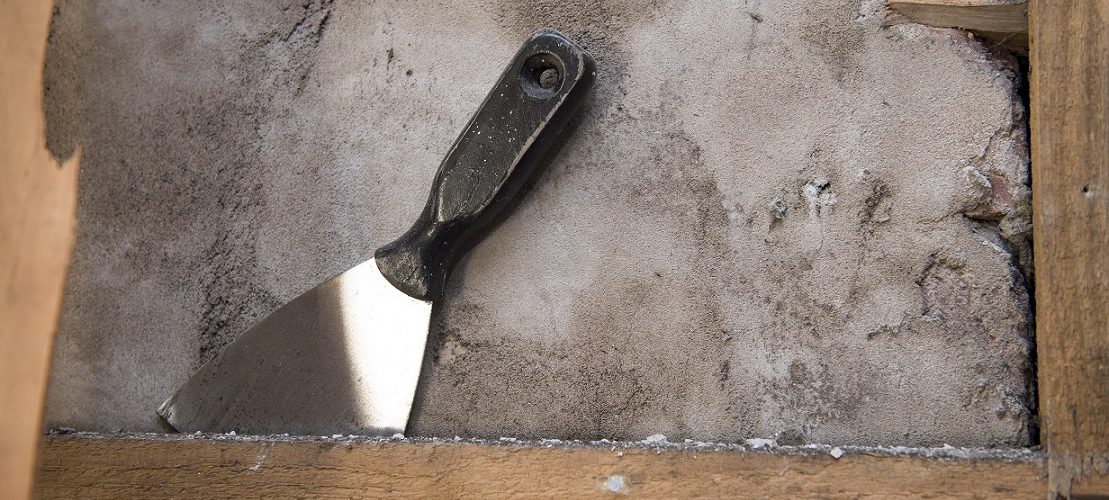Taken at face value, the story of Scotland’s approximately 37,000 long-term, privately-owned empty homes is a scandal. These properties are undoubtedly a wasted resource and a distasteful one at that, when Scotland is already in a time of great housing need. Behind the statistics however, lie thousands of stories where people and property meet. From the homes we are born and raised in; those we start our adult lives in or move into as young couples; the fixer-uppers bought with hearts full of hope but bank accounts sadly lacking and the homes we leave behind when life does not go to plan, or the cycle of life draws to a close.
In short: these houses are not just bricks and mortar. Alongside the financial and legal factors, there is a human story and many of these are complicated and sensitive. But this story isn’t nearly as bleak as it appears. If we go back in time to 2009 before the Scottish Empty Homes Partnership (SEHP) was formed, not much was happening about Empty Homes. Research found councils didn’t consider it a high priority and as a result zero homes were brought back into use because of council interventions. Since SEHP was launched the number of homes brought back into use this way has risen to 3,212. A fraction of the total number granted, but new properties are added to the list all the time or come back into use without intervention, so are not counted.
We have seen a recent increase in the willingness of Government, councils and others to tackle the issue together. Over the years a series of recommendations to Government have been accepted and we now have 20 councils employing specialists called Empty Homes Officers who guide owners struggling with an empty property. It’s this human resource which often turns out to be the key to unlocking many empty homes.
This year, the SEHP has received additional funding from the Scottish Government to expand the core staff team. This will allow for an increased grant-giving function to help more councils kickstart empty homes services in their area. Aberdeen City Council and the Western Isles Council are both in the process of launching services with this assistance. It will also allow us to explore innovative policy, practices and approaches to bringing empty homes back into use. And finally, it will help us raise awareness, so more people know how to report empty homes or get help with one they own. All of this supports our strategic aim for every Local Authority to be focussed on and investing in empty homes work.
And until we can achieve Empty Homes Officers (EHO) in every council, our Empty Homes Advice Service can support as the first point of contact for anyone with an interest in empty homes work. Our single adviser has received more than 1000 calls in three years. Her specialist knowledge means owners and neighbours who are concerned about an empty property have someone to guide them on the action they need to take even if there isn’t an EHO in their area.
Some problems require a change in the law to fix them, and there is willingness from Government to take this step. An important advance was the introduction, from the 1st April 2013, of changes to council tax legislation, to allow Local Authorities to charge an increased levy of up to 100% extra council tax on properties that are lying empty for over 12 months. The spirit of the legislation is to unlock empty properties using a “carrot and stick” approach. Councils are encouraged to use discretion where an owner has agreed to take positive steps to re-occupy their property. To date, 26 councils are using this power and we know that this is the reason for many owners engaging with their local Empty Homes Officer.
Current enforcement powers are limited, mainly Compulsory Purchase Orders (CPOs). The 2016 Programme for Government committed Scottish Government to introduce “interim measures to modernise CPO in advance of legislation”. This step as well as the commitment to new Compulsory Sale Order (CSO) powers, (a legal mechanism to require an empty home that has been vacant for an undue period, to be sold by public auction) is a positive move to provide officers with options and tools, when dealing with an empty home that causes a blight on the community. For many people living next door to empty homes this can’t come fast enough.
The feedback from the Empty Homes front line is positive. There is still much to do, but so much opportunity to unlock more empty properties. While this work alone will not solve housing supply issues in Scotland, it remains an important part of a holistic solution to cost effectively provide local housing. And it is making a difference.
You can find out more about the Scottish Empty Homes Partnership at shelterscotland.org/emptyhomes, or get in touch with the Empty Homes Advice Service by calling 0344 515 1941 or emailing emptyhomes@shelter.org.uk


